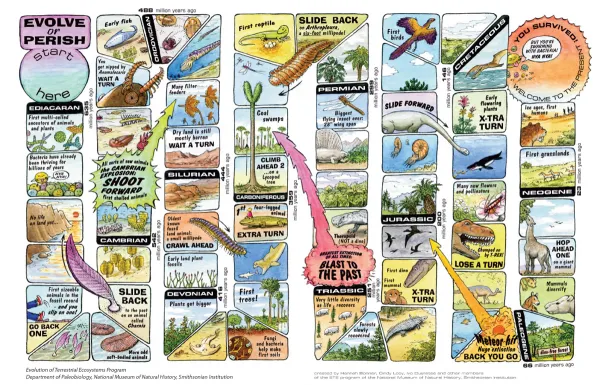I spent all Thursday evening marking their work. Friday morning, in school, I discover, to my horror, that I can’t find this pile of papers. Next thing I know, a girl (one of my best students) is coming to my class and asks, “Mister, did you correct our work?”
Damn.
“Yes I did, but it seems that I forgot to bring them in.”
“Oh.”
“Don’t worry, you did well.”
“How much did I get?”
It’s my turn now to say “Oh” (silently). Think, teacher, think.
“You did everything correct apart from one question.”
“Which one?”
“The one nobody answered correctly, by some reason.”
“Which one was that?”
“I’m trying to remember. I’ll let you know when we have a class.” (I have a class with them today. The last period.)
“OK.”
Later, a boy is coming to my class when I am about to go. Another of my best pupils. After his grade, no doubt.
“Mister, mister, did you have time to check my work?”
I’ve been teaching here for two months and they still don’t know my name. We have a conversation very much like above.
“Sorry, I have to go now. See you in the afternoon.”
In the afternoon, I finally remember the one question nobody had right. I tell kids what was the correct answer. Also, that I bring their papers on Monday.
“Mister... are you organised?” the clever boy asks.
I want to tell him that no, not really. But my inner teacher doesn’t want to give him such a simple answer.
“Of course I am organised. Look at me. All depends on the adverb that you place before ‘organised’. A person can be well organised or poorly organised. Still ‘organised’. You guys are well organised.”
“I am not very well organised”, says another student.
“Yes you are. You always bring your homework in.”
“You have to see my room. It’s a mess.”
I recall our university lecturer in physical chemistry, some 30 years ago. Once he told us that instead of saying “mess” it is more polite to say “high entropy”. For example, “you have high entropy in your department”. I tell the kids that the bedroom mess is a consequence of the Second Law of Thermodynamics. You simply can’t organise your homework without increasing entropy around you. They don’t understand the entropy bit but seem to like the idea.
“Bye, mister.”
“Good bye. See you Monday.”
At home, no sign of the papers. I check my bag again. Of course, they were there all along. I am so organised, I don’t need any adverbs.


